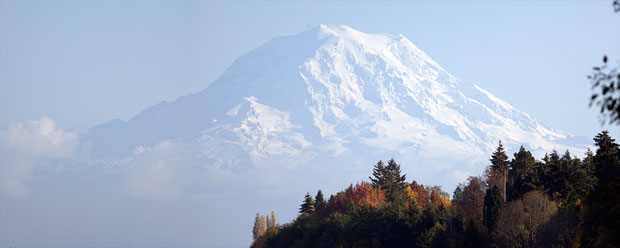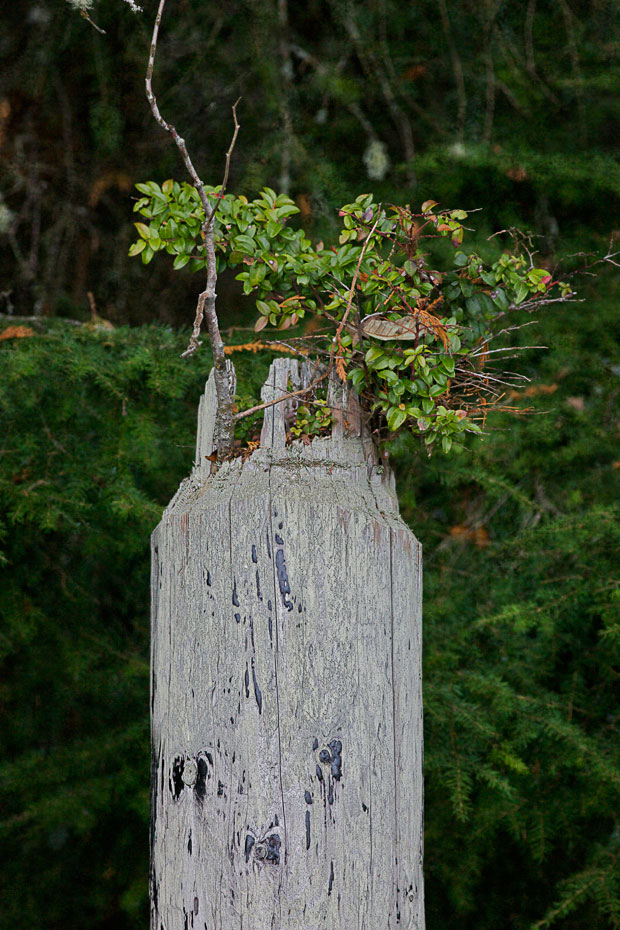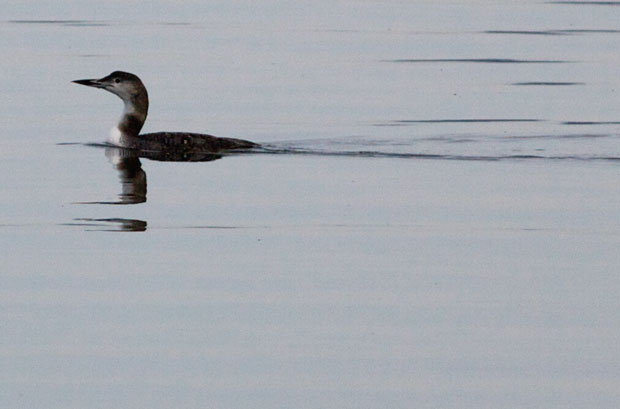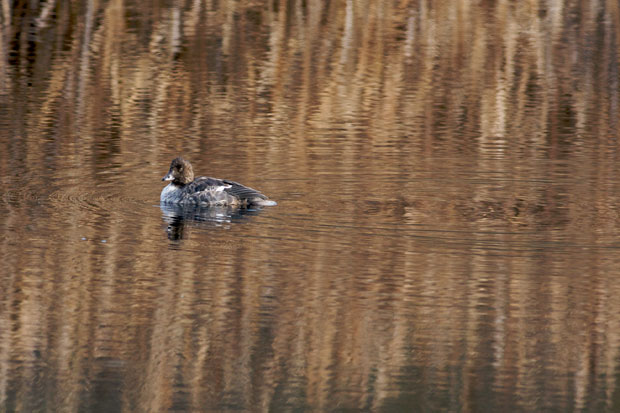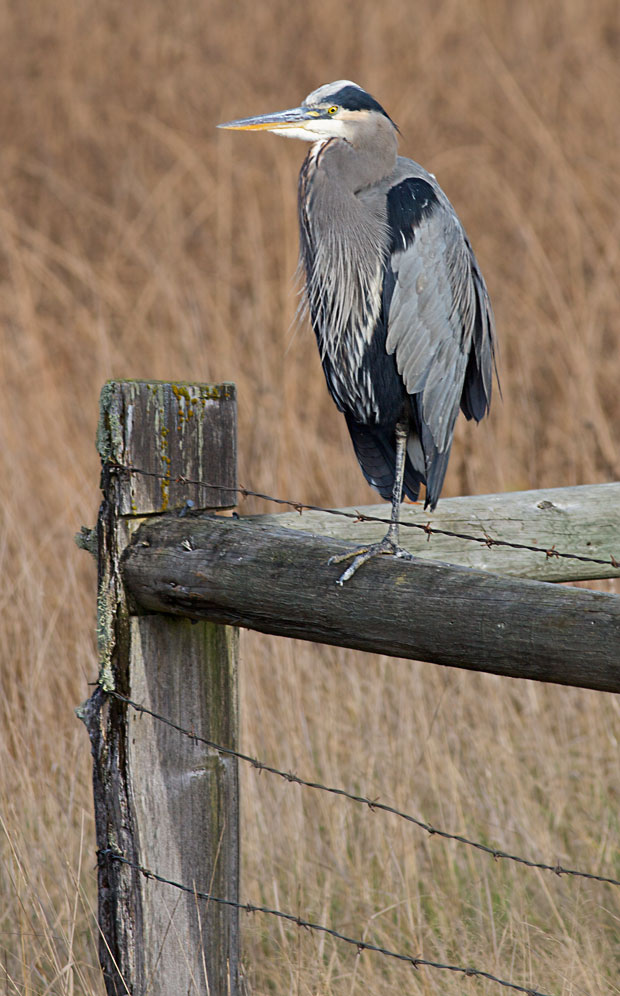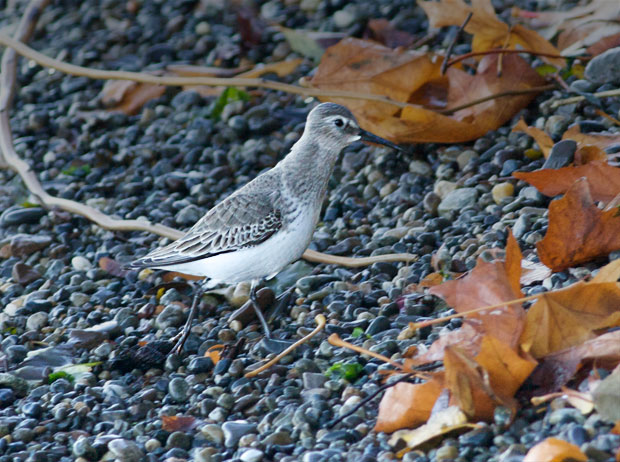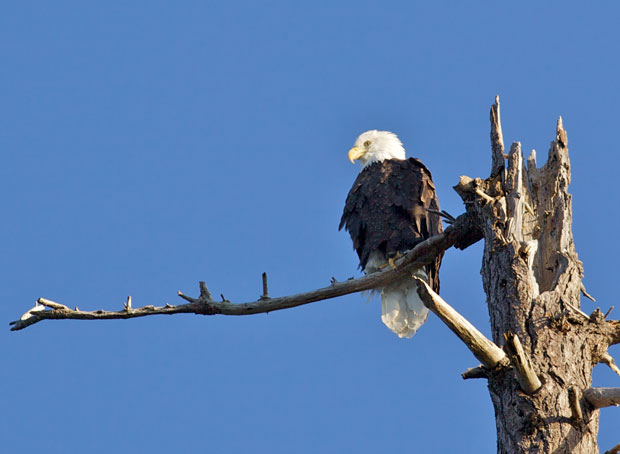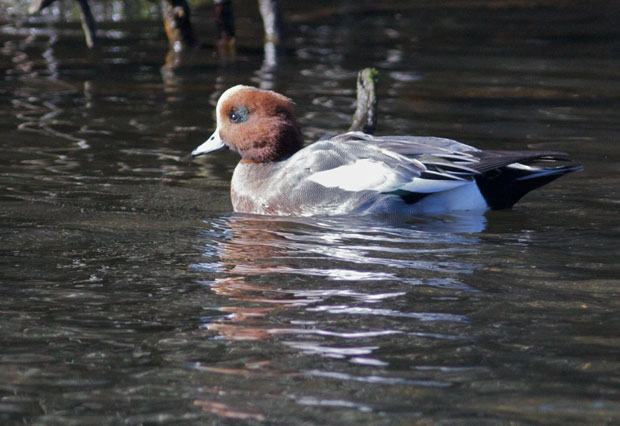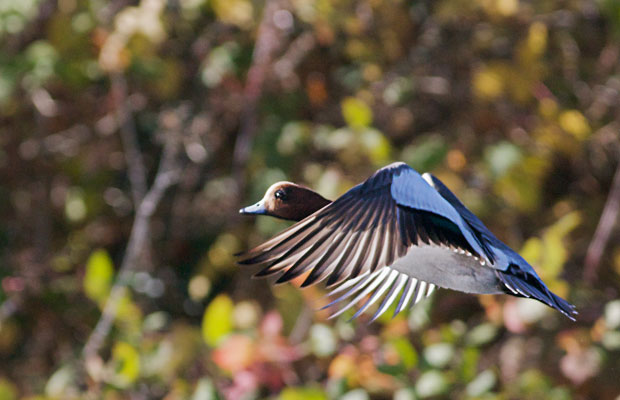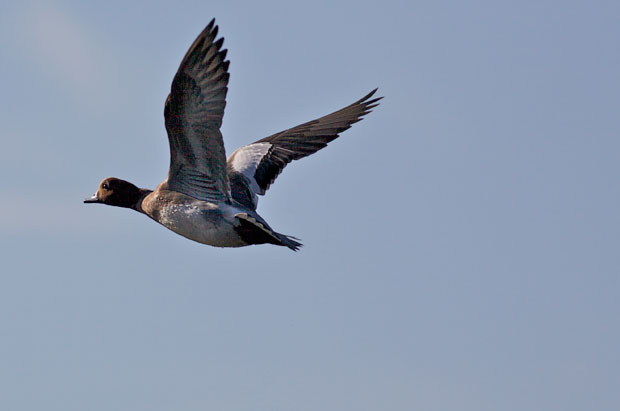In the not-too-distant past several people recommended Thoreau’s essay “Walking,” a work I’d never read before. Since Walden was one of my favorite works, I couldn’t resist dopwnloading it, especially since it’s free. I’ll have to admit, though, that at first I was less enamored of it than I thought I would be. I found the style, particularly at the beginning, tough to wade through though perhaps I should have been more tolerant of the style considering Thoreau’s opening statement:
I wish to speak a word for Nature, for absolute freedom and wildness, as contrasted with a freedom and culture merely civil—to regard man as an inhabitant, or a part and parcel of Nature, rather than a member of society. I wish to make an extreme statement, if so I may make an emphatic one, for there are enough champions of civilization: the minister and the school committee and every one of you will take care of that.
However, I prefer understatement to hyperbole and have at some point apparently lost my taste for allusions to Greek Mythology, the Bible, and Medieval History, though historically they have been mainstays of literature. Passages like this
To come down to my own experience, my companion and I, for I sometimes have a companion, take pleasure in fancying ourselves knights of a new, or rather an old, order—not Equestrians or Chevaliers, not Ritters or Riders, but Walkers, a still more ancient and honorable class, I trust. The Chivalric and heroic spirit which once belonged to the Rider seems now to reside in, or perchance to have subsided into, the Walker—not the Knight, but Walker, Errant. He is a sort of fourth estate, outside of Church and State and People.
don’t have much appeal to me any longer I’m afraid. After the first three pages I was ready to give up on it.
However, something strange happened when I looked back over passages I had marked as I read it. I found that I agreed with virtually all of Thoreau’s main points. For instance, even though I don’t spend an average of four hours a day outside walking, I agreed with the sentiment of:
I think that I cannot preserve my health and spirits, unless I spend four hours a day at least—and it is commonly more than that— sauntering through the woods and over the hills and fields, absolutely free from all worldly engagements
As I’ve noted here before, I consider walking, or birding, as something much more than exercise:
But the walking of which I speak has nothing in it akin to taking exercise, as it is called, as the sick take medicine at stated hours—as the Swinging of dumb-bells or chairs; but is itself the enterprise and adventure of the day. If you would get exercise, go in search of the springs of life. Think of a man’s swinging dumbbells for his health, when those springs are bubbling up in far-off pastures unsought by him!
Like Thoreau, I’m bothered when I’m out walking to find that I’m still thinking about political problems or things I need to get done at home rather than focusing on the walking itself:
I am alarmed when it happens that I have walked a mile into the woods bodily, without getting there in spirit. In my afternoon walk I would fain forget all my morning occupations and my obligations to Society. But it sometimes happens that I cannot easily shake off the village. The thought of some work will run in my head and I am not where my body is—I am out of my senses. In my walks I would fain return to my senses. What business have I in the woods, if I am thinking of something out of the woods? I suspect myself, and cannot help a shudder when I find myself so implicated even in what are called good works—for this may sometimes happen.
My walking time is too precious to spend it worrying about other things. I manage to do that more than enough already.
This passage seems rather timely since it seems to foreshadow the founding of National Parks:
At present, in this vicinity, the best part of the land is not private property; the landscape is not owned, and the walker enjoys comparative freedom. But possibly the day will come when it will be partitioned off into so-called pleasure-grounds, in which a few will take a narrow and exclusive pleasure only—when fences shall be multiplied, and man-traps and other engines invented to confine men to the PUBLIC road, and walking over the surface of God’s earth shall be construed to mean trespassing on some gentleman’s grounds. To enjoy a thing exclusively is commonly to exclude yourself from the true enjoyment of it. Let us improve our opportunities, then, before the evil days come.
I doubt Thoreau could have anticipated the kind of growth America has experienced in the last hundred years, but certainly public land is much more precious now than it was in his time.
I love Thoreau’s reminder of the root of recreation suggested here:
When I would recreate myself, I seek the darkest woods the thickest and most interminable and, to the citizen, most dismal, swamp. I enter a swamp as a sacred place,—a sanctum sanctorum. There is the strength, the marrow, of Nature. The wildwood covers the virgin mould,—and the same soil is good for men and for trees. A man’s health requires as many acres of meadow to his prospect as his farm does loads of muck. There are the strong meats on which he feeds. A town is saved, not more by the righteous men in it than by the woods and swamps that surround it. A township where one primitive forest waves above while another primitive forest rots below —such a town is fitted to raise not only corn and potatoes, but poets and philosophers for the coming ages. In such a soil grew Homer and Confucius and the rest, and out of such a wilderness comes the Reformer eating locusts and wild honey.
Too often our forms of recreation fail to re-create us, but, rather, compound problems we already have. Excessive drinking or excessive eating, no matter how pleasurable, and I won’t argue they’re not pleasurable, do nothing to make us feel better in the long run. Thankfully, walking or hiking are good for both your health and your sense of well-being.
And, like Thoreau, I find nature a constant source of wonder,
My desire for knowledge is intermittent, but my desire to bathe my head in atmospheres unknown to my feet is perennial and constant. The highest that we can attain to is not Knowledge, but Sympathy with Intelligence. I do not know that this higher knowledge amounts to anything more definite than a novel and grand surprise on a sudden revelation of the insufficiency of all that we called Knowledge before— a discovery that there are more things in heaven and earth than are dreamed of in our philosophy. It is the lighting up of the mist by the sun. Man cannot KNOW in any higher sense than this, any more than he can look serenely and with impunity in the face of the sun: “You will not perceive that, as perceiving a particular thing,” say the Chaldean Oracles.
Any frequent visitor here will recognize my constant source of amazement and wonder at what I observe in nature. The more I learn, the more amazed I am at how very little I really know.
I’m not sure I really agree with this,
So we saunter toward the Holy Land, till one day the sun shall shine more brightly than ever he has done, shall perchance shine into our minds and hearts, and light up our whole lives with a great awakening light, as warm and serene and golden as on a bankside in autumn.
but on this Sun-day,at least, it feels like you’re heading toward the Promised Land with Mt. Rainier showing the way.
